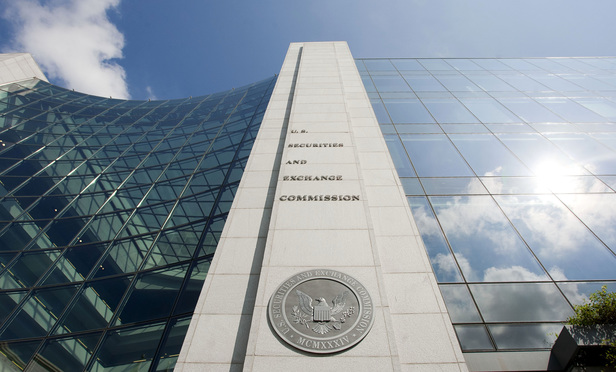
 SEC headquarters in Washington. (Photo: National Law Journal)
SEC headquarters in Washington. (Photo: National Law Journal)
The Securities and Exchange Commission plans to publish "in the coming days" frequently asked questions guidance on its Share Class Selection Disclosure Initiative, Stephanie Avakian, co-director of the agency's enforcement division, said Thursday.
"We have received a number of questions" about the voluntary program, Avakian said at the SEC's 2018 National Compliance Outreach Seminar for advisors and investment companies, at the agency's headquarters in Washington.
The deadline for firms to self-report share class violations is June 12, Avakian reminded compliance officers.
One question, for instance, involves exams performed by the SEC's Office of Compliance Inspections and Examinations. "We've been asked if this [Share Class Disclosure issue] is raised in the context of an OCIE exam, do you still need to self-report?" Avakian said Thursday. The answer: "Yes, you do need to self-report as a precondition to eligibility for the program, and you do need to do it by June 12."



